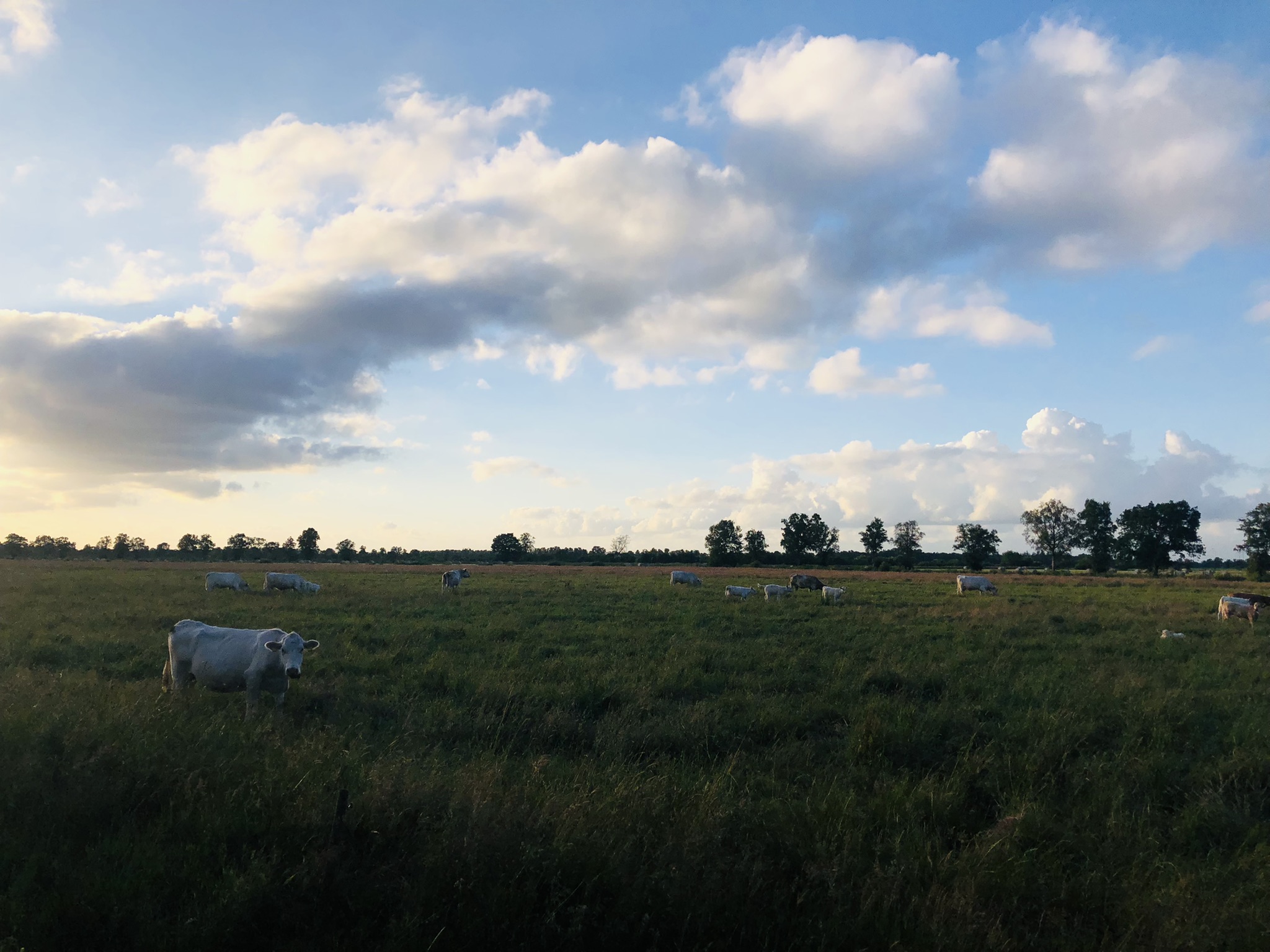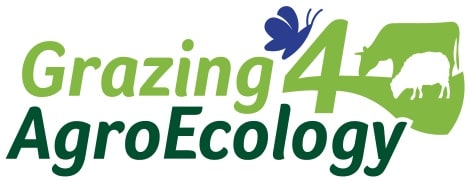Approach
Agro-ecology means to use animals in agro-ecosystems such as to trigger long-term sustainability.
The ways in which animals are incorporated into agro-ecosystems and food systems determine whether and how livestock production can be environmentally beneficial or detrimental.
Currently, agro-ecology addresses the whole food chain, from food production to distribution and consumption.

Reviews proposed five agroecological principles to be optimised in animal production systems (Dumont et al. 2013):
- adopting management practices that aim to improve animal health
- reducing the inputs required for production
- reducing pollution by optimising the biogeochemical functioning of farming systems
- enhancing diversity within animal production systems to strengthen their resilience
- preserving biodiversity by adapting management practices
G4AE will focus to identify and assess grassroots innovations:
1. Affecting production costs and product value
- reduction of forage costs by replacing supplements with fresh grass
- utilisation of tools to better assess the value of grass as a forage
- reduce farm workload
- increase the market value of animal products, through increased quality and food certification schemes
2. The link between ecology and society
- biodiversity
- nutrient cycling
- regenerating soil
- greenhouse gases (GHG) reduction
- product quality for consumers
3. Animal welfare
- animal health and welfare across grass-based nutrition and herd management
- grazing management to minimise the threat of large carnivores (reduce agriculture – wild-life conflicts)

